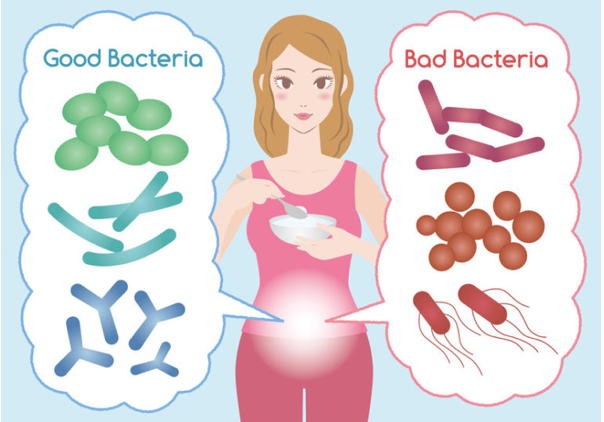
In the quest for understanding gut health, it's crucial to recognize that not all bacteria residing in our gut are beneficial. Some can be harmful, leading to a range of health issues. This blog post delves into the types of harmful bacteria that can inhabit the human gut, many of which are detected by the Gut Check Plus test.
A Spectrum of Harmful Gut Bacteria
-
Acrobacter spp.: While not as well-known as other pathogens, certain strains can cause gastrointestinal disturbances.
-
Bacillus cereus: This bacterium is notorious for causing food poisoning, with symptoms like nausea, vomiting, and diarrhea.
-
Campylobacter spp.: These bacteria are one of the most common causes of foodborne illness, often leading to diarrhea, fever, and abdominal cramps.
-
Clostridiodes difficile (C. diff): A major cause of antibiotic-associated diarrhea, C. diff infections can range from mild to life-threatening.
-
Coxiella burnetii: Known primarily for causing Q fever, it's rare in the gut but can be harmful when present.
-
Escherichia coli (E. coli): Certain strains can cause severe stomach cramps, diarrhea, and vomiting.
-
Klebsiella pneumoniae: This bacterium can cause various infections, including pneumonia, bloodstream infections, and wound or surgical site infections.
-
Listeria monocytogenes: Responsible for listeriosis, it's particularly dangerous for pregnant women, newborns, elderly, and immunocompromised individuals.
-
Salmonella: A common cause of foodborne illness, leading to diarrhea, fever, and abdominal cramps.
-
Escherichia/Shigella: These bacteria are known for causing dysentery, characterized by severe diarrhea, often with blood.
-
Staphylococcus aureus: Can cause a range of illnesses, from minor skin infections to life-threatening diseases like pneumonia.
The Importance of Detection and Prevention
Identifying these harmful bacteria through tests like Gut Check Plus is vital for timely treatment and prevention of potential health issues. Understanding the presence and levels of these bacteria can guide medical professionals in tailoring treatment and dietary recommendations.
Maintaining a balanced and diverse gut microbiome is crucial for suppressing the growth of these harmful bacteria. Diet, lifestyle, and, when necessary, medical intervention play significant roles in achieving this balance.
In summary, while the human gut is home to a multitude of beneficial bacteria, it's important to be aware of the harmful ones. Regular monitoring and a healthy lifestyle can help maintain a gut environment that supports overall well-being.
